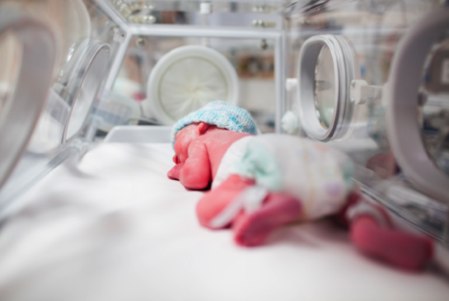-
ARCH Lab Contributes to Study of Substance Use Disorders
A paper by Qadeer et al., entitled “An epidemiological study of substance use disorders among emerging and young adults“ was recently published in The Canadian Journal of Psychiatry. Findings showed that emerging adults have increased odds for substance use disorders and provided evidence of an extension of emerging adulthood into the late 20s.
Continue reading -
Dr. Ferro Elected as Vice President of CSEB
Dr. Ferro Elected as Vice President of CSEB Congratulations to Dr. Ferro who was recently elected to be Vice President of the Canadian Society for Epidemiology and Biostatistics (CSEB) from July 2018 until June 2020. The CSEB is an organization devoted to promoting the use of epidemiology and biostatistics to improve health and well-being through […]
Continue reading -
ARCH Lab has some fun!
Theses were on hold for one afternoon last week when the ARCH Lab took time off for some fun. First, an escape room challenge that had us navigating The Mayor’s Office. A solid team effort that saw us one clue and one minute away from completion. Second, an evening BBQ, a lively debate about whether […]
Continue reading -
New ARCH Lab Research
The ARCH Lab recently published two protocol papers in BMJ Open. The first, entitled, “Establishing a protocol for building a pan-Canadian population-based monitoring system for early childhood development for children with health disorders – Canadian Children’s Health in Context Study (CCHICS)” is a collaboration with researchers across Canada and led by Dr. Magdalena Janus at […]
Continue reading -
ARCH Lab Contributes to Study of Adult Multimorbidity
In collaboration with colleagues at the Offord Centre for Child Studies, Dr. Ferro published a paper entitled, “Child maltreatment and adult multimorbidity: results from the Canadian Community Health Survey” in the Canadian Journal of Public Health. Findings showed that child maltreatment (exposure to intimate partner violence, sexual abuse, or physical abuse) predicted increased odds of […]
Continue reading -
Dr. Ferro Elected as Fellow of APPA
Congratulations to Dr. Mark Ferro who was recently elected to be a Fellow of the American Psychopathological Association (APPA). The APPA, founded in 1910, is one of the oldest research organizations in North America. The APPA is devoted to the scientific investigation of disordered human behavior, and its biological and psychosocial substrates.
Continue reading -
ARCH Lab Contributes to Study of Psychopathology of Low Birth Weight Survivors
A study examining the mental health trajectories of individuals enrolled in the Extremely Low Birth Weight Cohort found that extremely low birth weight survivors experienced a blunting of the expected improvement in symptoms of depression and anxiety from adolescence to adulthood compared to peers born at normal birth weight. In contrast, no differences were found […]
Continue reading -
ARCH Lab Contributes to Study of Quality of Life
A paper by Puka et al., entitled “A systematic review of quality of life in parents of children with epilepsy” was recently published in Epilepsy & Behavior. Findings showed that parents of children with epilepsy have a compromised quality of life, with psychosocial factors in particular having a critical role in both parental and child […]
Continue reading -
ARCH Lab Publishes Paper
Jessica Zelman, a Research Coordinator in the ARCH lab, recently published a paper with Dr. Ferro entitled, “The parental stress scale: psychometric properties in families of children with chronic health conditions” in the Journal of Family Relations. Findings showed that the Parental Stress Scale is a valid and reliable measure to use when assessing parental […]
Continue reading -
New ARCH Lab Research
A paper by ARCH Lab Postdoctoral Fellow, Shane Goodwin, entitled, “Development and Assessment of the Quality of Life in Childhood Epilepsy Questionnaire (QOLCE-16)” was recently published in Epilepsia. This research continues our work with the QOLCE suite of measures in pediatric epilepsy (QOLCE-76, QOLCE-55, QOLCE-16). The QOLCE-16 was found have robust psychometric properties. These findings, […]
Continue reading










